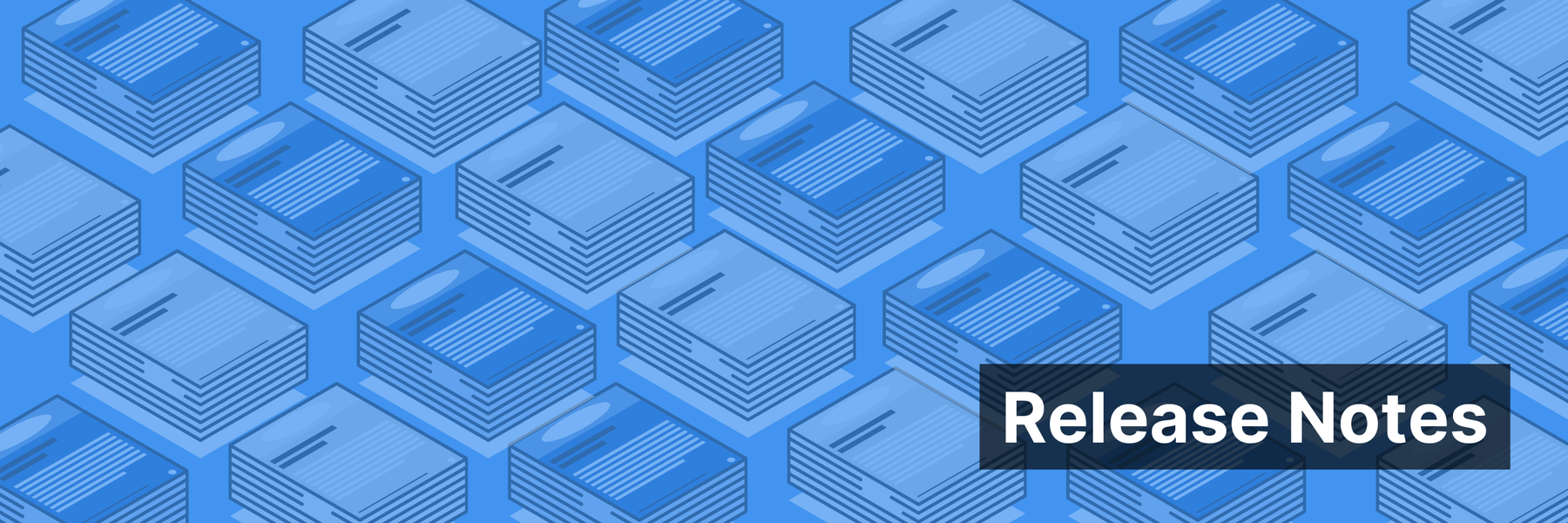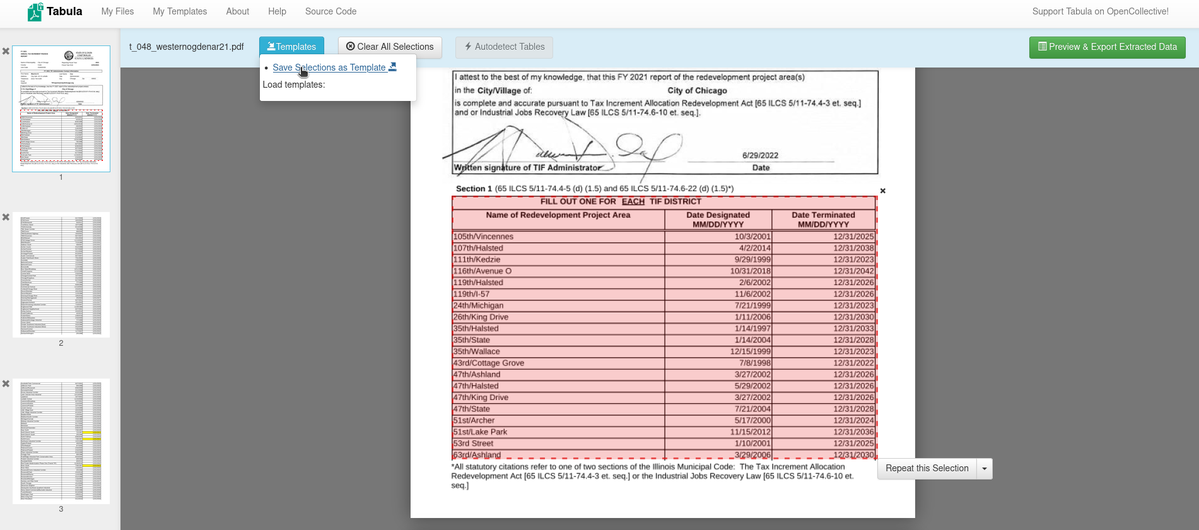At the Collaborative Journalism Summit in Washington, D.C., MuckRock’s data journalist, Dillon Bergin, presented a workshop on how to use MuckRock and DocumentCloud in collaborative reporting — from “bulk” filing multiple open-records to different government agencies to collaboratively annotating documents across newsroom partners.
The two-day conference, organized by the Center for Cooperative Media at Montclair State University, brings together journalists and media professionals to discuss the latest tools, projects and best practices in collaborative journalism.
Bergin presented on how newsrooms use MuckRock and DocumentCloud to obtain and analyze public records. Some of his takeaways include:
-
MuckRock’s bulk filing function and “clone” button can be used to send off requests to several agencies, such as a request filed in Chicago for its air permit tracking system database. That request was cloned and requested in Philadelphia.
-
Newsrooms can compile open-records requests in one place using MuckRock’s “projects” function, add collaborators who can help follow up on requests and create private links to give team members the right level of access. The MuckRock team, in partnership with several Chicago newsrooms, uses the project function for “Dangers in Our Air: Mapping Chicago’s Air Pollution Hotspots,” an ongoing series which analyzes Chicago’s air quality.
-
Annotations in DocumentCloud allow teammates to share reporting finds. For a MuckRock and STAT collaboration about the National Institute of Health, freelancer Betsy Ladyzhets used this tool as a way to share DocumentCloud notes with teammates and with readers when the story was published.
-
One of DocumentCloud’s Add-Ons allows users to scrape websites and transcribe interviews, allowing for both audio and video transcriptions of events. MuckRock used the transcription feature for its own post about Puerto Rico’s Centro de Periodismo Investigativo. The Puerto Rico newsroom also used DocumentCloud’s scraper Add-On to regularly monitor the activities of a court website — Puerto Rico’s financial control board, known as “la junta.”




